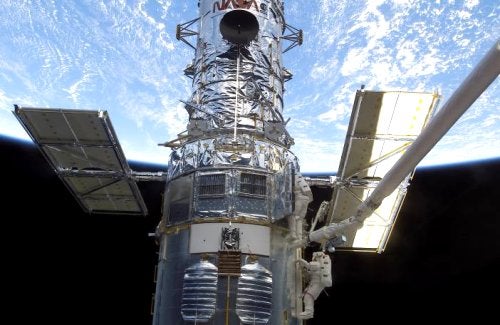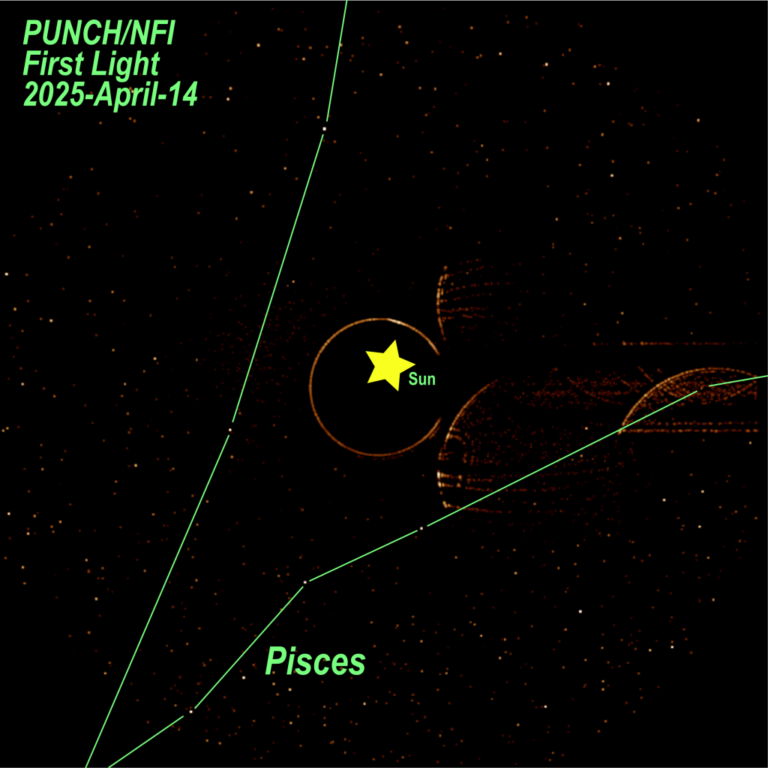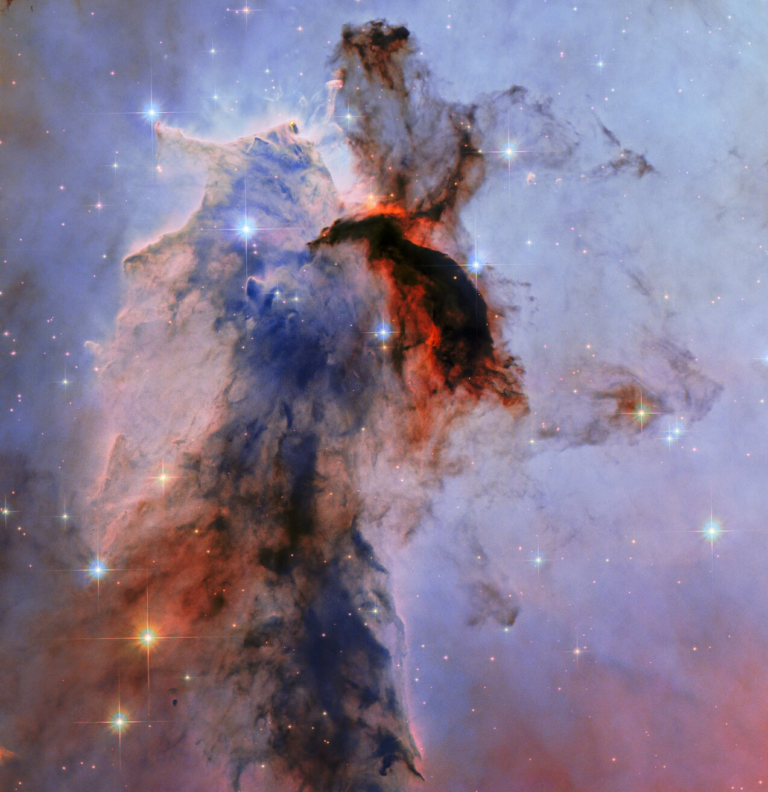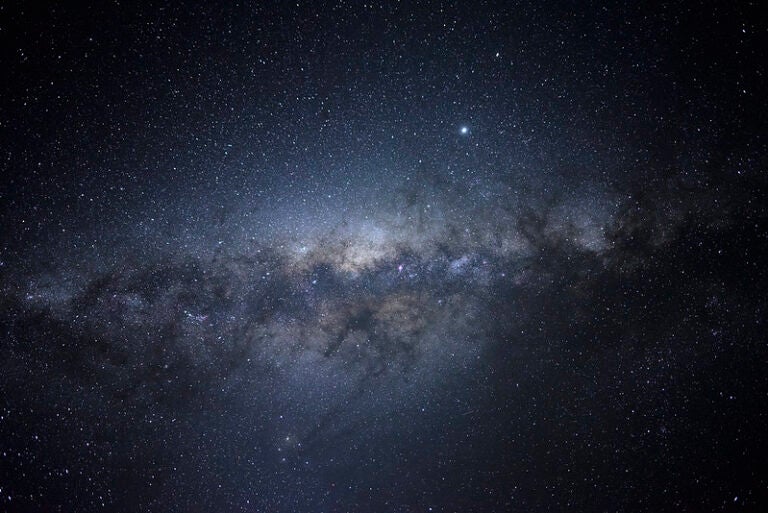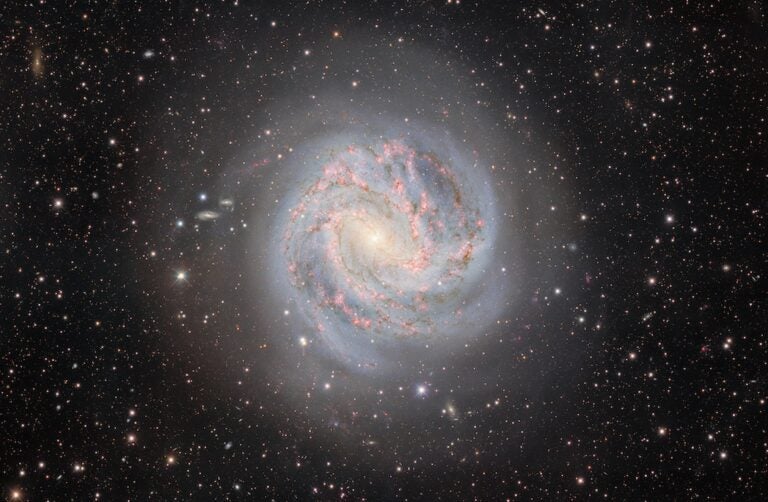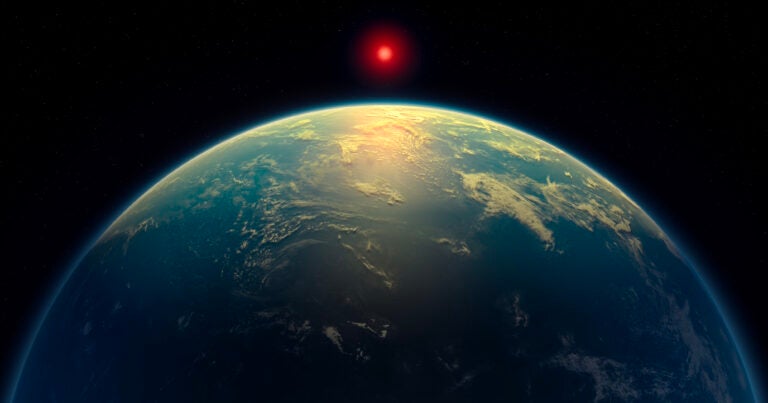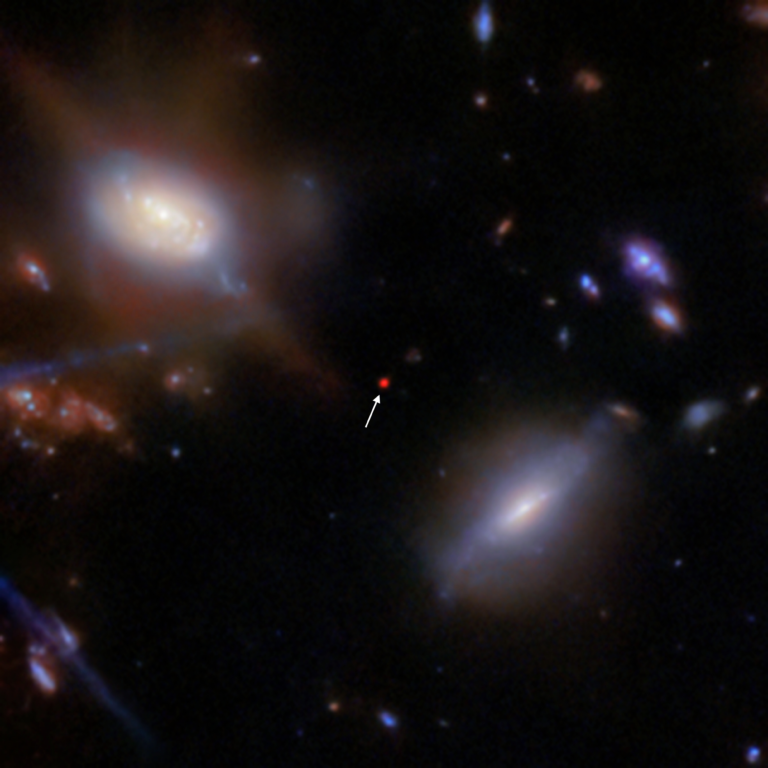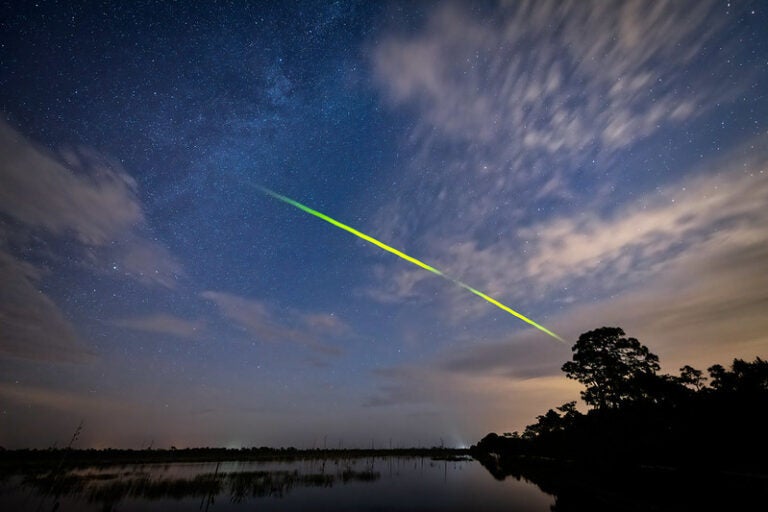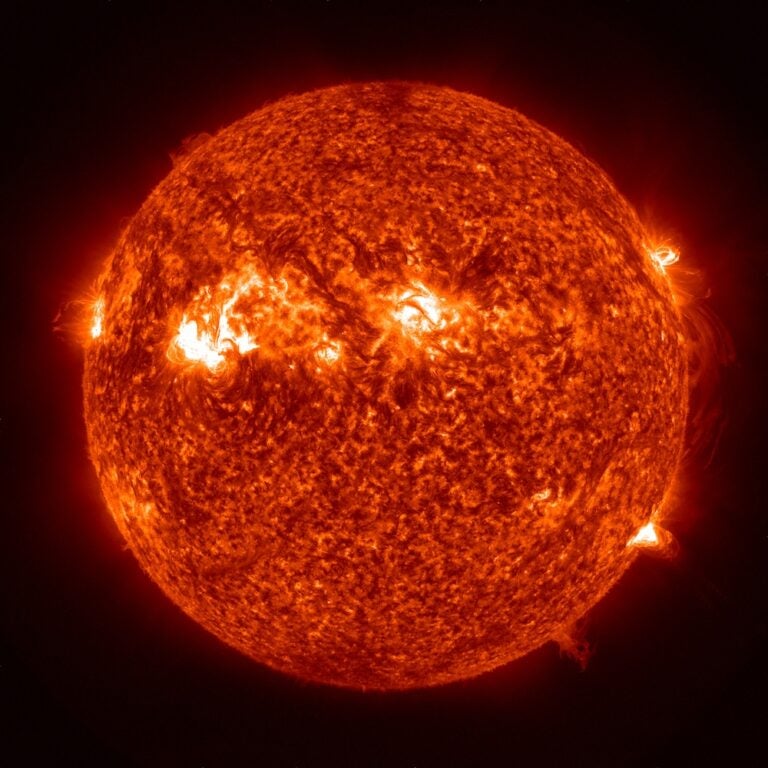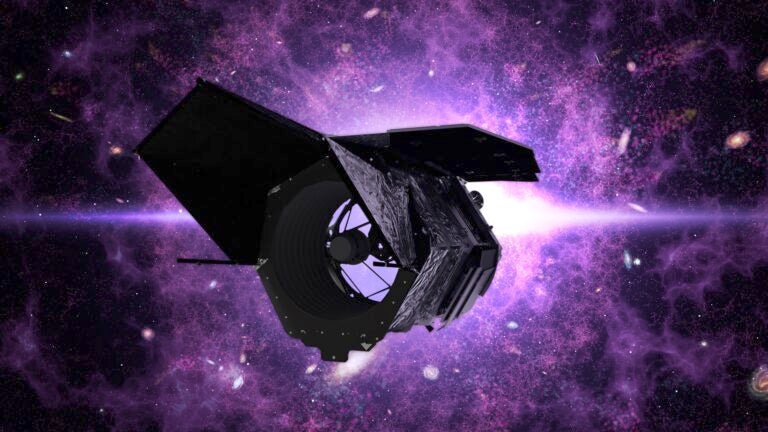“It’s coming together surprisingly fast,” said Frank Cepollina of NASA’s Goddard Space Flight Center. “It looks feasible at this junction,” noted NASA administrator Sean O’Keefe in Congressional hearings. “I’d have to put more stock in it right now.”
To me, this fervent eagerness by NASA officials to accept quickly the idea of replacing a manned servicing mission with an untested robotic mission actually raised additional questions about NASA’s management culture and whether it really has changed very much since the Columbia accident.
The Columbia Accident Investigation Board specifically noted how NASA’s culture contributed to the Columbia accident. Described as “the perfect place, alone in its ability to execute a program of human spaceflight,” NASA (its management, actually) refused to deal honestly with problems or outside criticism. This led, the report said, to “flawed decision making, self deception, introversion, and a diminished curiosity” as well as an “inadequate concern over deviations from expected performance.”
Worse, NASA’s management “manifested … in particular a self-confidence about NASA possessing a unique knowledge about how to safely launch people into space.”
Considering the challenges of achieving a robotic mission in such a short time, I wonder whether the sudden confidence in a robot mission expressed by everyone at NASA is realistic. Or is it simply arrogant overconfidence based upon the same cultural factors that allowed the engineers in the manned program to ignore serious engineering problems?
At the same time, NASA is exhibiting an inconsistent lack of confidence. Its decision to cancel a manned servicing mission to Hubble raises serious doubts about the prospects of President Bush’s exploration vision, along with any other future American space effort.
A bit of background. In the 1960s, the United States won the race to the Moon because it had the courage to go forward, despite a belief at NASA that the lunar missions had only a 50 percent chance of success. Yet no one flinched at that risk, from NASA officials to astronauts to politicians to the entire American public. We had a goal that was worth achieving despite the danger — and we pushed forward to achieve it.
The future exploration of the solar system will probably be just as risky. Yet NASA is rejecting a human servicing mission to Hubble because of the danger (which even the worst estimates place at far less than 50 percent) and instead is choosing a difficult and untested robot mission. Such a decision starkly illustrates how unlikely it will be for NASA ever to send Americans beyond low-Earth orbit. In fact, to me, such a decision strikes a death knell to the future of all American manned space projects.
To speak more bluntly: If NASA officials, in league with the politicians who fund them, don’t have the courage to send humans to fix Hubble, how can anyone expect them to have the courage to send people back to the Moon and beyond, as proposed by President Bush?

